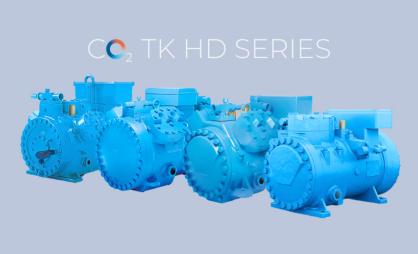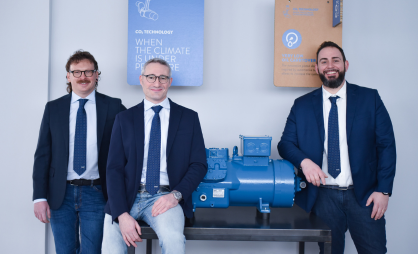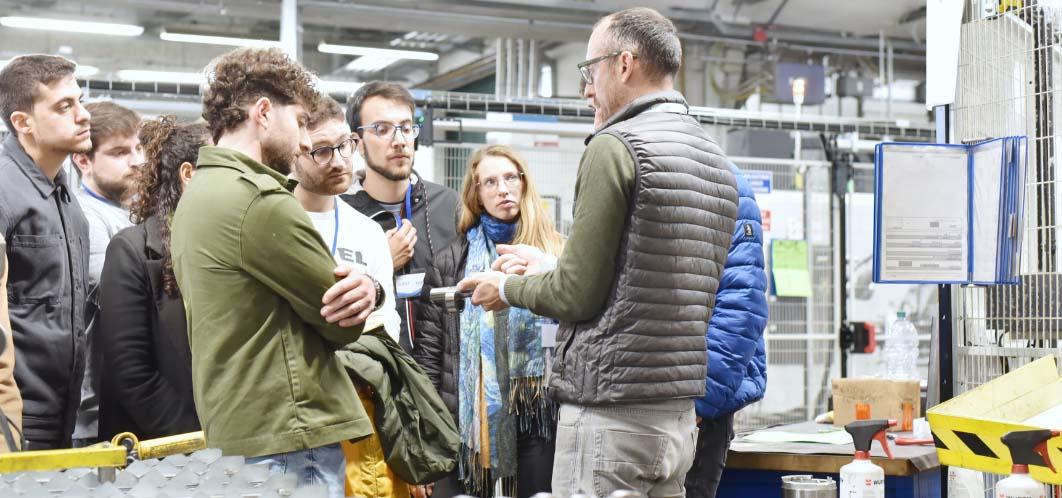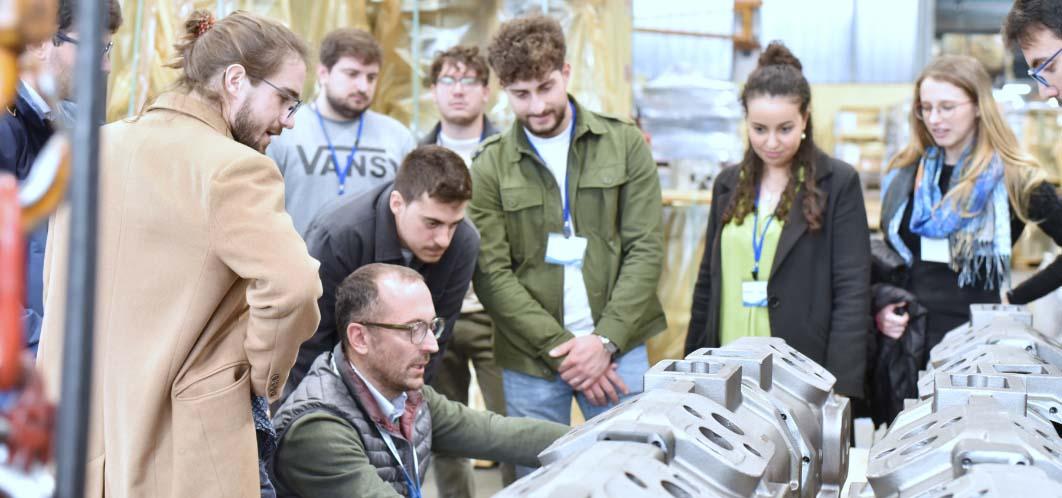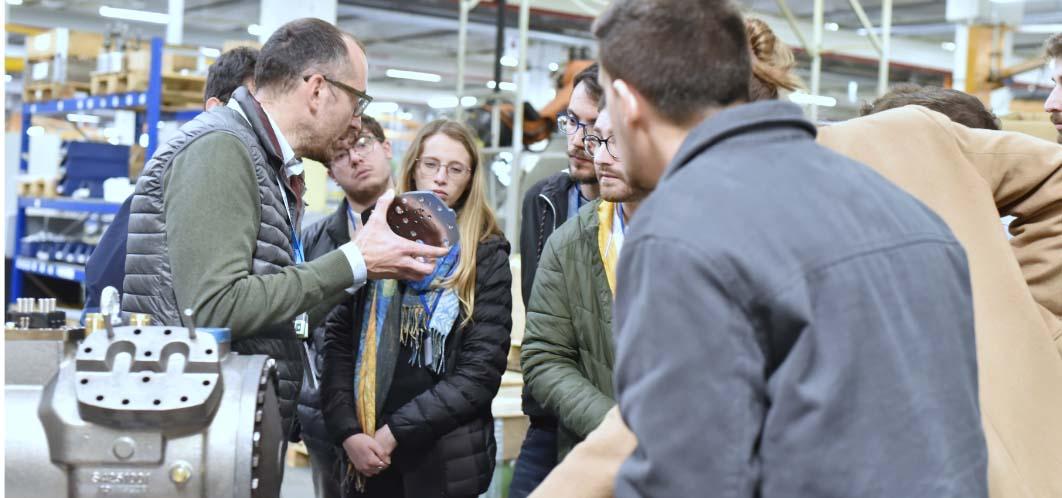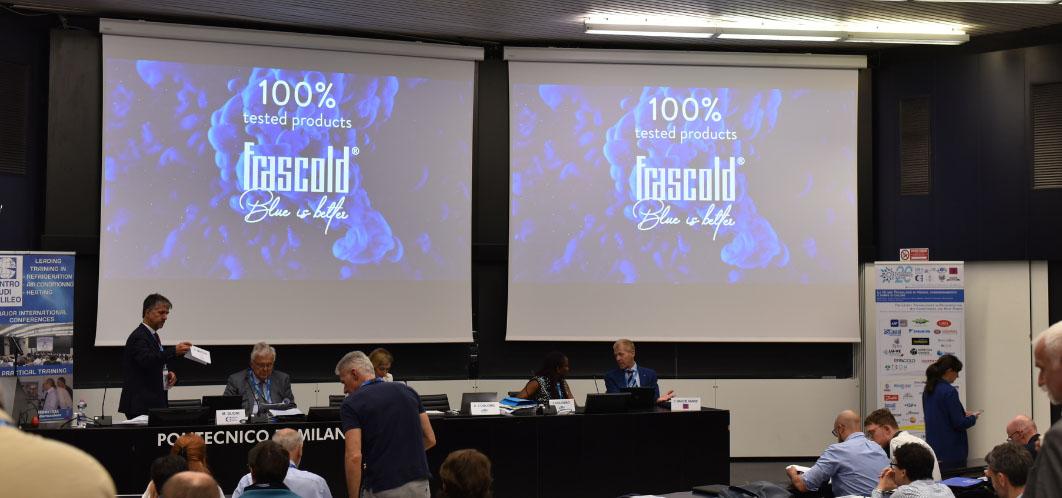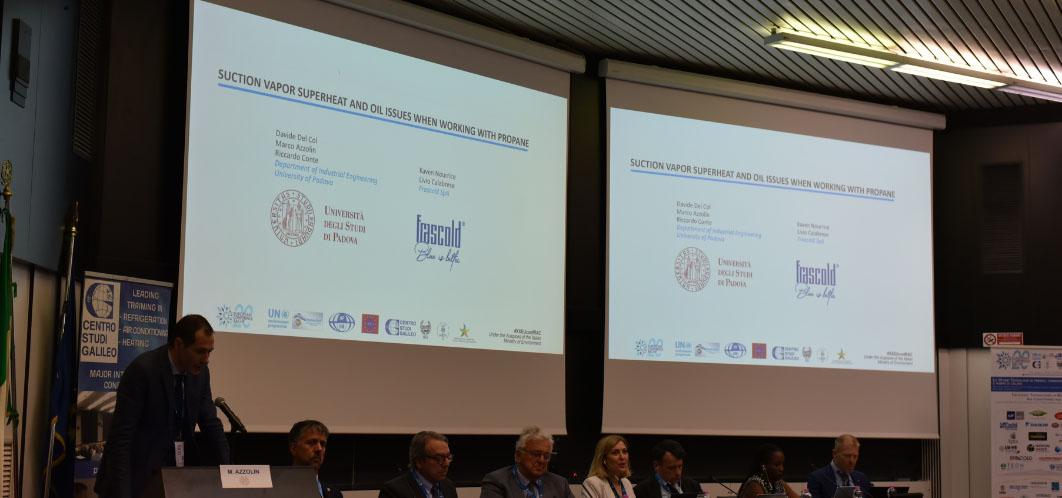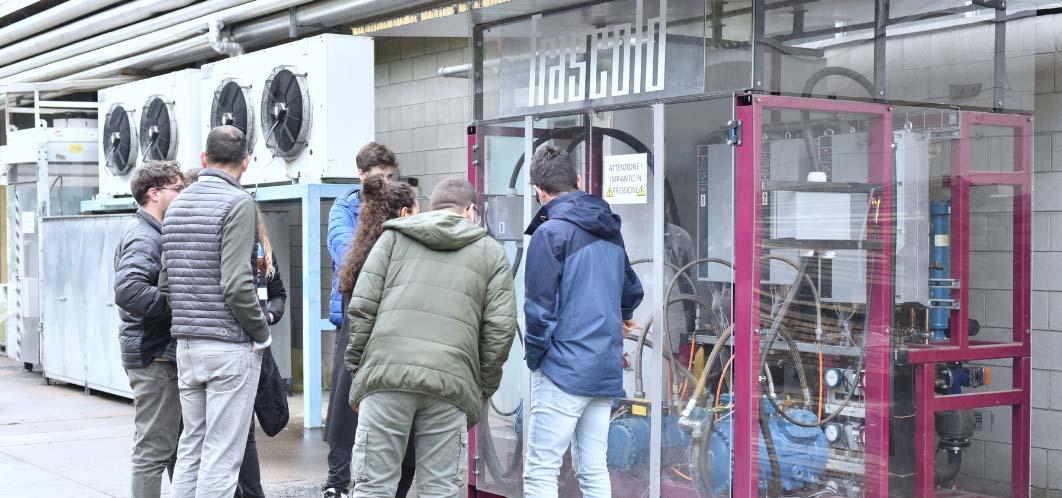World refrigeration day 2023: Next generation cooling
Frascold focuses on training for the growth of the sector
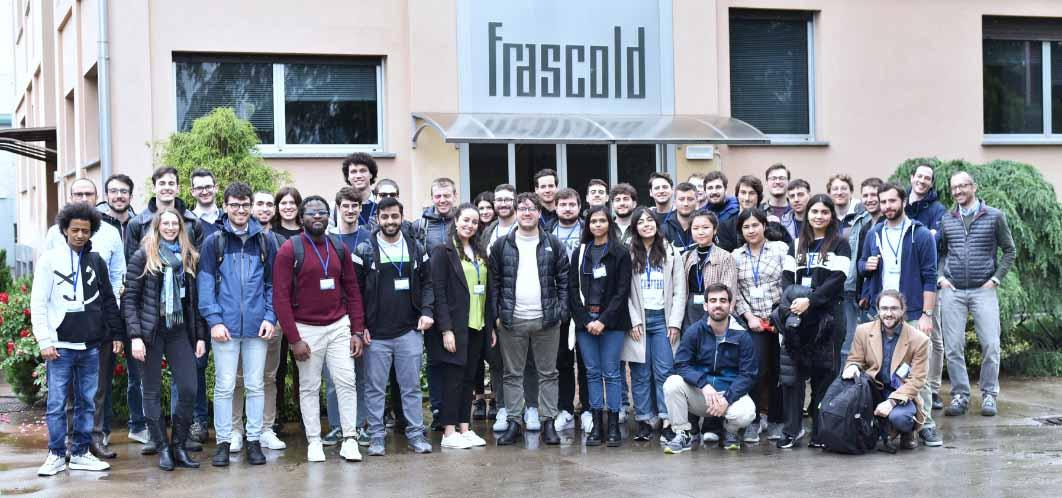
Frascold, in collaboration with the academic world, looks to the future and invests in training with a dual goal: to study technologically advanced and sustainable solutions, managed by qualified and up-to-date technicians.
Entitled “Next Generation Cooling: The Future is in our hands”, World Refrigeration Day 2023 focuses its attention on a responsible evolution of the sector, where cutting-edge technologies combine respect for the environment and energy efficiency. The latest-generation solutions, like in any great revolution, in addition to paving the way for new opportunities, require the development of specific competences. In this landscape, thanks to the words of Corrado de Gioia-Carabellese, Product Development Specialist of Frascold, Marco Azzolin and Riccardo Conte, respectively Researcher and PhD student at the University of Padua, Frascold illustrates how training has been in first place for years, promoting innovative ideas.
What are today’s challenges in the world of refrigeration? And what are the long-term prospects?
Corrado de Gioia-Carabellese said: “Today, the main challenge of the refrigeration industry is to design equipment that meets the market needs in terms of high energy performance, reduced consumption and environmental impact, while having the same degree of safety,” and continued, “In the long term, we expect an increase in the demand for cooling systems, both at a domestic and commercial level. Furthermore, digitization is increasingly an essential element, in order to remotely monitor the solutions and prevent any malfunctions.”
What are the initiatives undertaken by Frascold in favor of training? And what is their added value?
“Among the main initiatives undertaken by Frascold, I’d like to bring the attention to the collaboration with universities for the development of case studies which even include the option of carrying out field tests. Furthermore, the company invests in research and scholarships for doctorates in the scientific field: a synergy that favors the creation of projects of great interest for both Frascold and the students, who have the opportunity to test their theoretical and practical knowledge,” added engineer de Gioia-Carabellese.
Changing point of view, what is an example of research activity carried out together with Frascold? What were the starting points and what were the objectives?
Marco Azzolin recounts a specific case: “An example of a research project carried out together with Frascold is the study of a CO2 refrigeration system in a supermarket located in Milan, where we integrated heat recovery at high temperatures and the production of water for summer cooling. We carried out an annual monitoring of the system performance, which allowed us to create a numerical model in order to manage annual simulations with several system configurations. It was very interesting to use it to simulate locations with different climatic conditions, examining the best settings to lower the CO2 equator.” Riccardo Conte continued, “In parallel, the collaboration with Frascold is also focusing on the monitoring, with CFD software, of the fluid dynamics of the compressor, in order to investigate the effect of variations in the geometry of the compressor on the heat exchange and its performance.”
You presented the studies on several occasions. How was the feedback? And how can this research be projected into the future of the sector?
“We recently had the opportunity to participate in a conference organized by the Centro Studi Galileo on the subject of refrigeration. We presented research related to the use of various lubricating oils combined with propane, a natural gas characterized by great solubility, a factor that influences the overall performance of the system,” explained Marco Azzolin, “In detail, the study reports the experience of the University of Padua and Frascold on the use of mineral oils or PAG with propane in semi-hermetic reciprocating compressors. It is a theoretical analysis that observes the solubility and viscosity curves of the propane/oil mixture, suggesting minimum overheat values at the compressor intake to obtain good lubrication and keep high performance.” Riccardo Conte continued, “Furthermore, we are working to carry out new experimental tests, with Frascold products, using R290 and oil blends, demonstrating how the topics covered by the collaboration are aligned with the current landscape, where the keywords are efficiency and sustainability. Teamwork contributes to the development of products that guarantee optimal operation, in total safety, even with propane.”
What is Frascold’s contribution? And what are the advantages of the collaboration?
Riccardo Conte concluded, “Frascold promotes teamwork between university and company, a great advantage for the acceleration of technological development, to the benefit of the entire industry.” Finally, Corrado de Gioia-Carabellese said, “The exchange of knowledge, experience, and ideas is the secret to innovation, for continuous and responsible improvement in which new skills and competences shape the future of the sector.”

